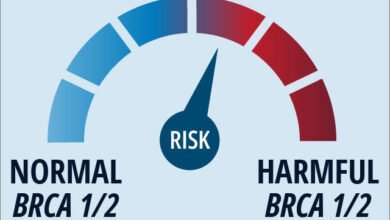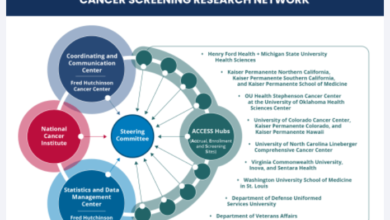Do They Matter for Mesothelioma Patients?

But the U.S. Food and Drug Administration (FDA) does not automatically assign orphan drug status to all rare disease treatments. Instead, drug makers must apply for orphan drug designation. The drug must meet two requirements to secure orphan status:
- Orphan drugs must treat a rare disease.
- Orphan drugs must have a reasonable expectation of success in treating the targeted rare disease.
Once a drug obtains orphan status from the FDA, its manufacturer can qualify for several benefits, including:
- Exemption from fees tied to requesting FDA review and approval of the orphan drug
- Tax credits for clinical trials of the orphan drug
- Temporary market exclusivity for the orphan drug after FDA approval
Lawmakers designed these perks to encourage drug makers to develop treatments for rare diseases. Without the financial incentives, manufacturers might see the development of rare disease drugs as too costly to pursue. This could leave patients with few treatment options, if any.
Orphan drug designation helps manufacturers and patients. It provides financial benefits that decrease orphan drug development costs. In turn, the increased efforts to develop orphan drugs help expand treatment options for patients with rare diseases.
How Have Orphan Drugs Impacted Mesothelioma Patients?
Orphan drug designation has played a role in some of the most important mesothelioma treatment advances. For inoperable patients, the National Comprehensive Cancer Network (NCCN) recommends chemotherapy or immunotherapy. In each case, at least one recommended drug has current or former orphan designation.
It is unclear how much orphan drug status impacted the development of these drugs. However, it seems possible the orphan financial benefits may have expedited the process. If so, orphan designation may have helped bring 3 of the most important mesothelioma drugs to market.
Pemetrexed: An Orphan Chemotherapy Drug
Pemetrexed and cisplatin form one of the most common chemotherapy regimens for mesothelioma. The FDA granted orphan drug status for pemetrexed in 2001. The drug then gained FDA approval for treating pleural mesothelioma in 2004.
At that time, the combination of pemetrexed with cisplatin was considered the best treatment for inoperable pleural mesothelioma. In a clinical trial, the combo extended survival by more than 30% compared to another treatment. With few other available treatments at the time, pemetrexed may have been life-changing for some patients.
Opdivo® (Nivolumab) and Yervoy® (Ipilimumab): An Orphan Immunotherapy Drug Combo
Opdivo with Yervoy is the only immunotherapy with FDA approval for mesothelioma. This treatment gained orphan status for treating mesothelioma in 2017. It was approved for that purpose in 2020. Since then, the Opdivo+Yervoy duo has continued bringing good news to mesothelioma patients. A few examples include:
Some mesothelioma doctors have said they expect even more good news from Opdivo+Yervoy. Researchers have registered more than 20 ongoing clinical trials related to this duo. Hopefully, these studies will continue bringing good news to the mesothelioma community.
The Future of Orphan Drugs for Mesothelioma
It is difficult to estimate how new orphan drugs may affect mesothelioma treatment in the future. But given the rarity of mesothelioma, orphan drug designation poses an attractive option for manufacturers. The perks of orphan status may help continue driving mesothelioma research and progress. As such, orphan drugs may continue to positively impact mesothelioma patients.
Source link
#Matter #Mesothelioma #Patients



